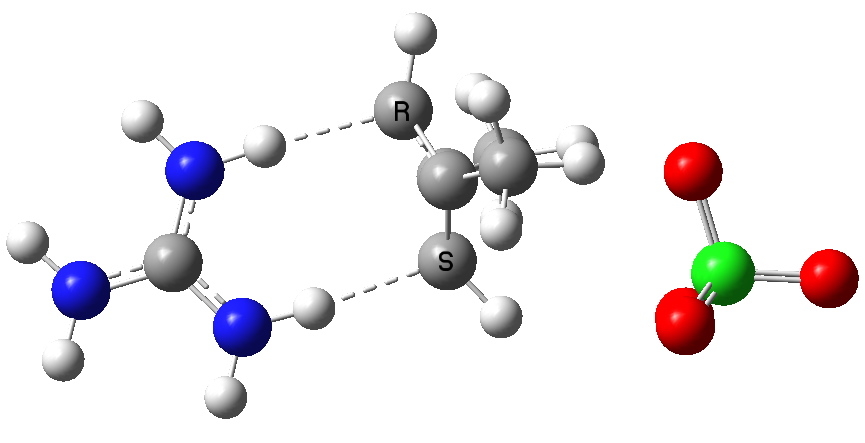
Modeling Principles Almost all, if not all, applied science is based on the idea of a model. There are problems in the real world, and we would like to create a theory to solve such problems. One of the pillars or the main foundation of quantitative modeling is its effectiveness. But how can a model be effective? By demonstrating that it is simple, reproducible, and applicable in other areas of knowledge.

